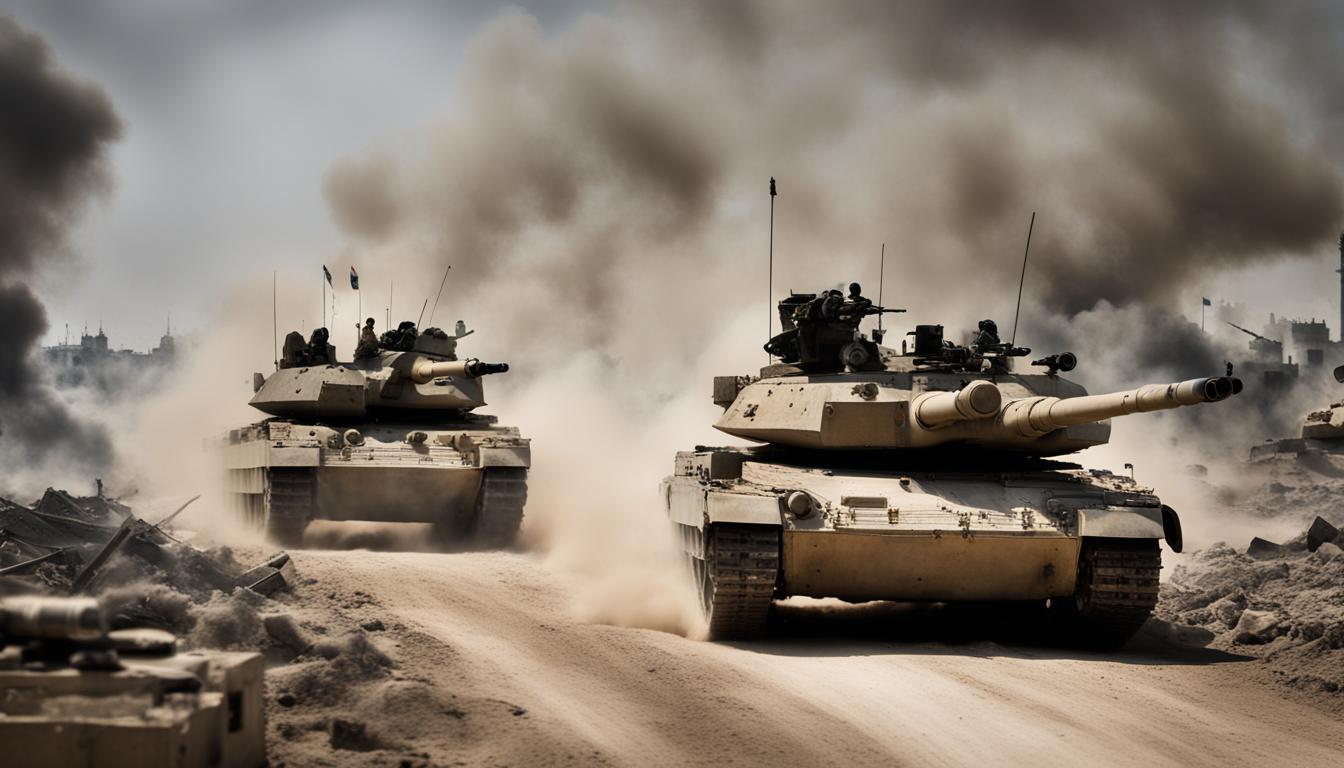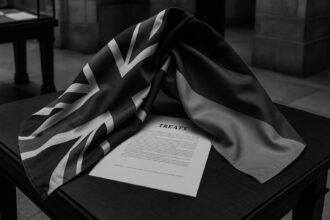As the conflict escalates in Gaza, the Israel Defense Forces intensify their operations, leading to severe humanitarian repercussions and sparking global diplomatic and public discourse.
As the conflict between Israel and Gaza intensifies, the Israel Defense Forces (IDF) have expanded their military operations into central Rafah, following the capture of the Rafah border crossing and prior evacuations in eastern neighbourhoods. This recent directive, predicted to displace hundreds of thousands, coincides with ground realities marked by worsening humanitarian conditions, including severe shortages in food and fuel supplies crucial for aid operations and healthcare services.
In Gaza, medical facilities are under extreme strain, highlighted by the evacuation of the Abu Youssef al-Najjar hospital, previously housing the region’s sole functioning dialysis unit. This has left significant healthcare gaps, as described by Dr Jamal al-Hams from the Kuwaiti Specialist hospital in terms of diagnostics and treatment capacities due to ongoing shelling and logistical constraints. The closure of the Rafah crossing exacerbates the situation by hindering patient transfers for treatments abroad.
Concurrently, the situation has engendered significant international reactions. Following the United States’ attempt to facilitate a ceasefire — now stalled — the UN Security Council has advocated for full membership for Palestine and condemned the continued violence. The unfolding crisis has also prompted widespread calls for investigative and protective actions considering allegations of abuses against Palestinian prisoners and civilians.
Amid these developments, the dialogue around the conflict extended to the UK, where comments made by PureGym CEO, Humphrey Cobbold, on BBC’s Question Time, have stirred public discourse. Cobbold’s expression of support for the Israeli government’s defense measures sparked a split response, resulting in the #BoycottPureGym movement on social media, reflecting the sharply divided views on the Israel-Gaza conflict.
These sequences of events underscore the increasing complexities and the escalating scale of impact – both regionally in terms of humanitarian consequences and globally with regards to public opinion and international diplomacy.













